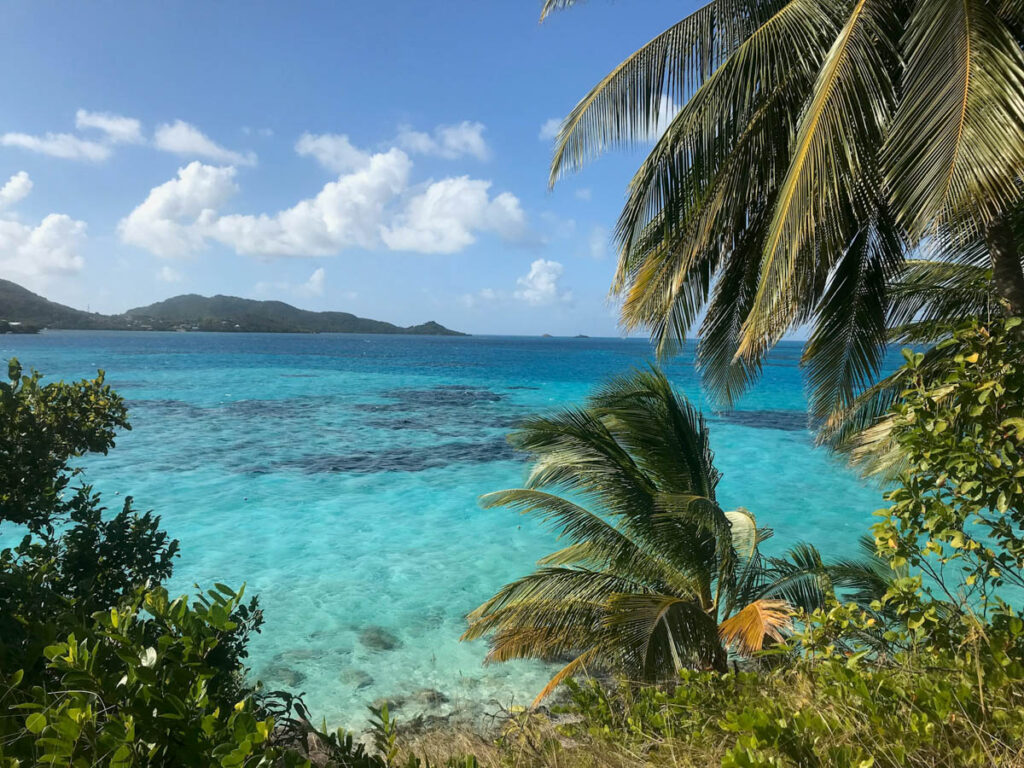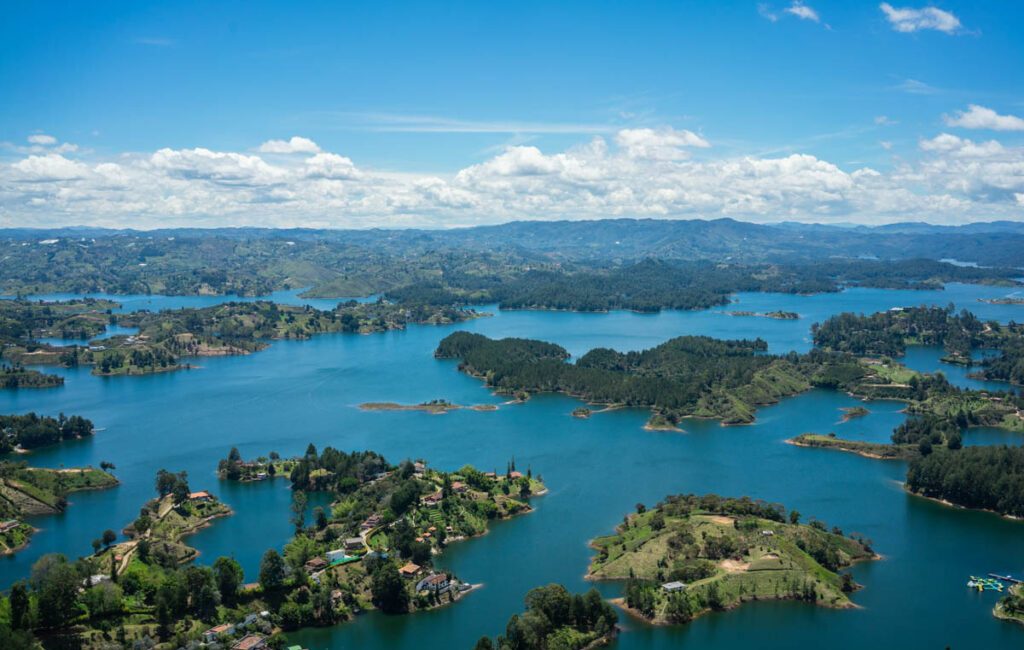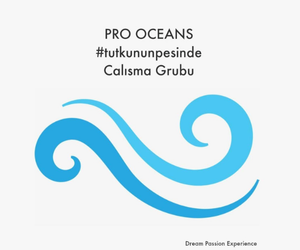When you think of world-class scuba diving, your mind might drift to the coral-rich waters of Indonesia or the pelagic encounters of the Galápagos. But there’s a lesser-known diving treasure waiting quietly in Latin America—Colombia. Cradled by two very different oceans, this South American nation offers a rare duality for divers: the calm, turquoise reefs of the Caribbean and the wild, unpredictable drama of the Pacific. It’s an underwater tapestry woven with vibrant marine life, rich topography, and a culture that welcomes with open arms.
And yet, Colombia is still flying under the radar for many in the global dive community.
Two Oceans, One Unforgettable Destination
What makes Colombia unique as a diving destination is its access to both the Caribbean Sea and the Pacific Ocean. Few countries in the world can boast such diversity within a single border. On the Caribbean side, expect crystal-clear water, gentle currents, and kaleidoscopic coral reefs teeming with tropical life. On the Pacific side, it’s all about raw power—plunging walls, oceanic pelagics, and protected marine parks that are among the most biologically rich on Earth.
This contrast offers divers an unparalleled opportunity to explore two vastly different marine ecosystems in one trip.
The Caribbean: Easygoing Reefs and Turquoise Dreams
Colombia’s Caribbean coast is tailor-made for relaxed, scenic diving. From the well-traveled Rosario Islands near Cartagena to the lesser-known reefs of Tayrona National Park near Santa Marta, the warm waters are perfect for new and intermediate divers looking to explore vibrant coral life without strong currents or deep drop-offs.
But perhaps the crown jewels of Caribbean diving in Colombia are San Andrés and Providencia. These remote islands, located far off the mainland, are ringed with coral gardens, dramatic walls, and healthy reef systems protected by UNESCO. Divers will find nurse sharks, eagle rays, sea turtles, and macro treasures tucked into every crevice. Providencia in particular is known for its pillar coral formations and its laid-back island charm, making it a favorite for conservation-minded dive travelers.
The visibility here can exceed 30 metres on a good day, and water temperatures hover between 26–29°C year-round.
The Pacific: Where the Wild Things Are
On Colombia’s Pacific coast, the rules change. Here, the diving is adventurous, dramatic, and packed with adrenaline. Leading the charge is Malpelo Island, a UNESCO World Heritage Site and arguably one of the world’s greatest dive destinations. This rocky outpost, accessible only by liveaboard, sits 500 kilometers off the coast and is home to vast schools of scalloped hammerheads, silky sharks, and even the elusive smalltooth sand tiger.
Nearby Gorgona Island, a former prison turned marine sanctuary, offers hauntingly beautiful dives around coral-encrusted wrecks, volcanic walls, and cleaning stations for mobula rays and turtles. The island’s tropical rainforest backdrop is as mesmerizing above water as below, making it a dual-threat destination for eco-tourists.
Then there’s Bahía Solano and Nuquí, lesser-known regions on the mainland Pacific that serve as hidden gems for divers. These areas shine during whale and whale shark seasons (July through October), when calm coastal waters become a haven for humpbacks, whale sharks, and even orcas.
These Pacific sites demand more experience—strong currents, limited visibility, and deep walls mean you’ll want advanced certification, ideally with Nitrox. But the reward? Some of the wildest, most untouched diving in the Western Hemisphere.

Photo by Guillermo Bresciano on Unsplash
A Gateway That’s Closer Than You Think
Despite its remote-sounding locations, Colombia is surprisingly accessible. Major international airports in Bogotá, Cartagena, Medellín, and Cali serve as easy jump-off points. Domestic flights connect divers to San Andrés and onward to Providencia via a short hop on a small aircraft. Liveaboards to Malpelo typically depart from Buenaventura, a port city accessible by road or short flight.
Dive centers are abundant, particularly in San Andrés, Cartagena, and Taganga (a popular base for diving Tayrona). Many offer multilingual instruction, equipment rental, and certification courses, making Colombia an approachable choice even for beginners.
Conservation Meets Culture
Colombia’s rise as a dive destination is being shaped not only by its natural beauty but also by a growing commitment to marine conservation. Initiatives across the country focus on coral reef restoration, lionfish control, plastic reduction, and sustainable tourism. Local dive operators often incorporate eco-conscious practices, and several regions, such as Providencia, enforce protected marine park zones to preserve biodiversity.
Add to this the rich Colombian culture—colorful villages, Caribbean and Afro-Colombian music, rainforest excursions, and famously warm hospitality—and you have a dive destination that satisfies both under and above the surface.
A Dive Destination Poised to Break Out
Colombia is no longer just an emerging market for scuba—it’s on the cusp of becoming a must-dive destination. With its unmatched marine diversity, affordability, easy access, and conservation-driven growth, it appeals to everyone from wide-eyed beginners to seasoned dive explorers chasing bucket-list encounters.
Whether you’re drifting through Caribbean coral gardens or finning alongside hammerheads off a volcanic Pacific wall, Colombia delivers the kind of underwater experience that leaves you forever changed.
The secret’s out—now’s the time to dive into Colombia.
Get all of the latest news, reviews and offers from Colombia in at The Scuba News – News by Destination
THE SCUBA NEWS Link !
DemirHindiSG 13 Temmuz 2025-17:55




